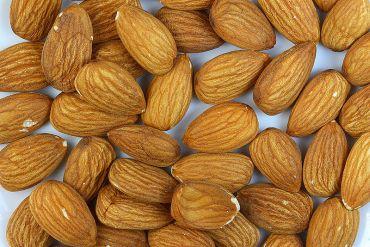
Incorporate these foods into your diet to keep off the fat!
Everyone knows that dieting and exercise together help you lose weight. But we often starve ourselves to death trying to keep a few inches off our waistline. Instead of helping us lose weight, starvation encourages fat build-up by slowing down our metabolism. Instead of beating the urge to eat, you can use it to your advantage by eating fat-fighting foods. Here are some that may increase your fat-fighting ability:
1. Almonds (badam)
According to a study published in the International Journal of Obesity, dieters who ate 85 gms (around 3 ounces) of almonds everyday reduced their weight and body-mass index (BMI) by 18 percent, as compared to an 11 percent reduction in the non-almond dieters.
These nuts are high in alpha-linolenic acid (ALA), which can accelerate your metabolism to burn off fat. Also, almonds have high fibre content, protein and the good type of fat, which satisfies your appetite quickly; therefore, you are less likely to have cravings and overeat. Eat a handful (not more than 12) every day to reap the benefits.

According to research conducted at Arizona State University, people who consume adequate quantities of Vitamin C-loaded fresh fruit like oranges, strawberries, raspberries etc can oxidise 30 percent more fat while performing normal exercises than individuals with inadequate Vitamin C consumption.
Researchers found that the quantity of Vitamin C in the blood stream bears a direct correspondence to the body's capacity to burn fat as a source of energy. It is used in the body to make carnitine -- a substance that helps our cells burn fat for energy. When Vitamin C is lacking, carnitine cannot do its job.
The research establishes that consuming insufficient quantities of Vitamin C can hamper any efforts of weight loss.
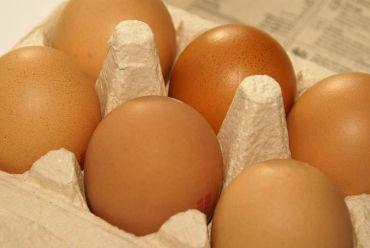
Eggs are packed with a variety of nutrients including protein, zinc, iron and vitamins A, D, E and B12, but contain just 85 calories each. Eating eggs for breakfast makes you feel fuller for longer, so that you eat less at your next meal.
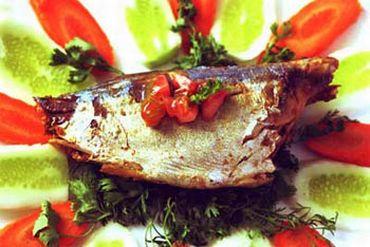
Fish not only keeps your heart healthy -- it shrinks your waistline too. Omega-3 fatty acids improve insulin sensitivity, which helps build muscle and decrease belly fat. The more the muscle, the better the fat-burning capacity of one's body.

Soybeans contain lecithin, which help prevent your cells from accumulating fat. It will also break down fatty deposits in your body. Soy-derived lecithin also lowers cholesterol and triglycerides, and increases HDL ('good' cholesterol).

Tomatoes contain oligofructose, a fibre that helps sustain the effects of Cholecystokinin (CCK) in your stomach.
CCK is the hormone released by the small intestine in response to the presence of fats, and helps boost the feelings of fullness by tightening the valve between your stomach and your intestine. This makes you less likely to overeat.
Tomatoes are also packed with Vitamin C, which helps in the production of carnitine. Research has shown that carnitine can help speed the body's fat-burning capacity by upto one-third.
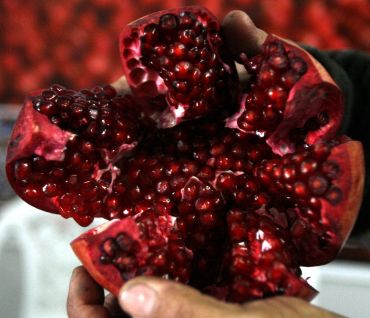
Pomegranate seeds are loaded with folate and disease-fighting antioxidants. They're low in calories and high in fibre, so they satisfy your sweet tooth without blowing your diet.
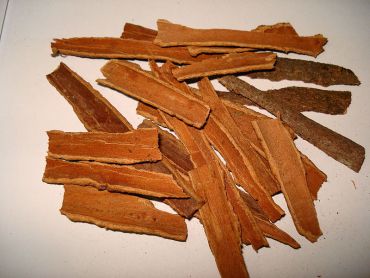
According to researchers at the United States Department of Agriculture (USDA), consuming a quarter to one teaspoon of cinnamon a day with food can help metabolise sugar upto twenty times better than food not eaten with cinnamon.
This results in less sugar in your bloodstream, which means less fat stored. You can consume cinnamon tea or add it to orange juice, oatmeal, salads etc. The active components are not destroyed by heat.
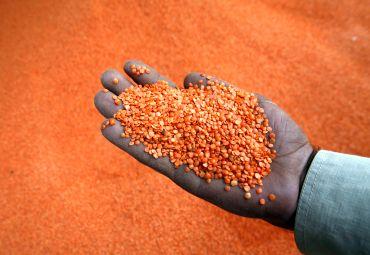
Lentils are a bonafide belly flattener. They are high in protein and soluble fibre, two nutrients that stabilise blood sugar levels.
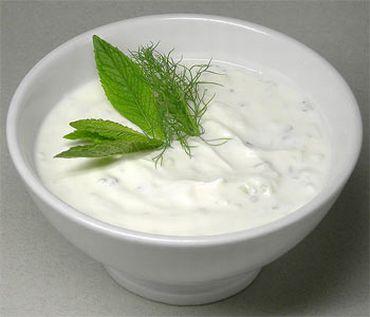
Eating calcium-rich, fat-free yoghurt can boost your body's fat-burning mechanism, speed weight loss and trim your tummy.
A study conducted at the University of Tennessee found that obese adults who ate 3 servings of fat-free yoghurt a day, as part of a reduced calorie diet, lost 22 percent more weight, 61 percent more body fat and 81 percent more stomach fat than those who followed the low-calorie diet without the yoghurt.
According to the researchers, meeting our daily calcium needs helps us burn fat more efficiently, whereas not getting enough calcium triggers the release of calcitriol, a hormone that causes us to store fat.